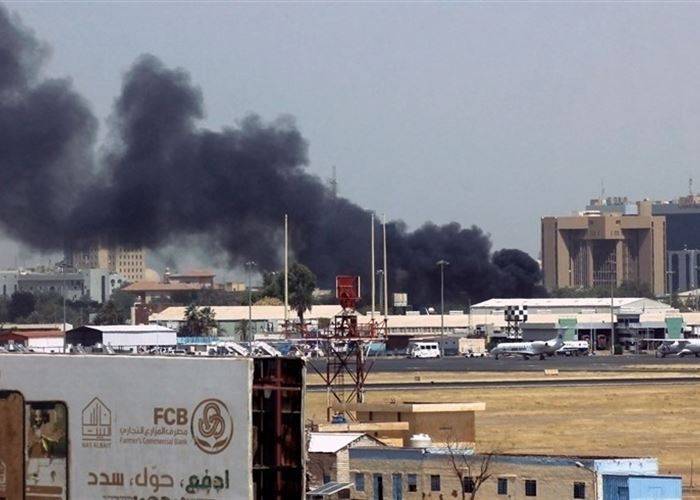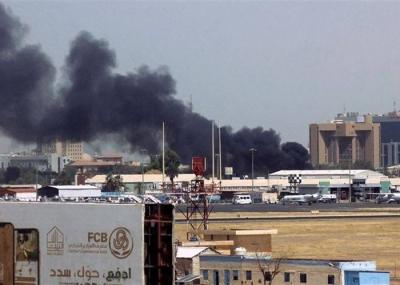The Sudanese army and the semi-autonomous Rapid Support Forces announced that they will return to negotiations brokered by the United States and Saudi Arabia in Jeddah tomorrow, Thursday, after six months of war that have exhausted the country and both warring parties. The Sudanese army stated on Wednesday that it accepted the invitation, as "negotiations are one of the means that may end the conflict," but will not cease fighting. The Rapid Support Forces also accepted the invitation, but on Wednesday they released a video of their second-in-command leading troops in Nyala, which is one of the main war zones.
**U.S. Mediation**
An American official said, "Both parties have secretly indicated they are ready to resume talks," adding that months of fighting and the humanitarian crisis have drained both sides. Witnesses report that the intensity of the fighting has slowed in the past week, as both sides have resorted to long-range artillery that has bombarded residential neighborhoods. Military sources say the army struggles to repair its aging warplanes, while the Rapid Support Forces find it difficult to treat injured soldiers. The sources noted that both sides are facing challenges in paying the salaries of their exhausted forces.
The African Union and the Intergovernmental Authority on Development (IGAD) will join the talks in Jeddah, which will initially focus on humanitarian issues, a ceasefire, and confidence-building measures to establish a foundation for a negotiated solution. Civilian leaders, who are holding organizational meetings in Addis Ababa this week, will not participate in the initial rounds but may be involved later. An official stated that the failure of both parties to protect civilians has made it clear they are no longer suitable to govern the country going forward.
Earlier this week, Lieutenant General Shams al-Din Kabashi, the deputy commander of the Sudanese army, appeared from the capital for the first time since the fighting began. In a video, he stated that the army is ready for negotiations, but "there is no such thing as forgiving the past." Diplomats and Sudanese sources indicated that despite the army's desire to negotiate, loyalists to Bashir, who hold significant influence in the army, reject negotiations and would prefer to continue rebuilding their influence amid ongoing fighting.




